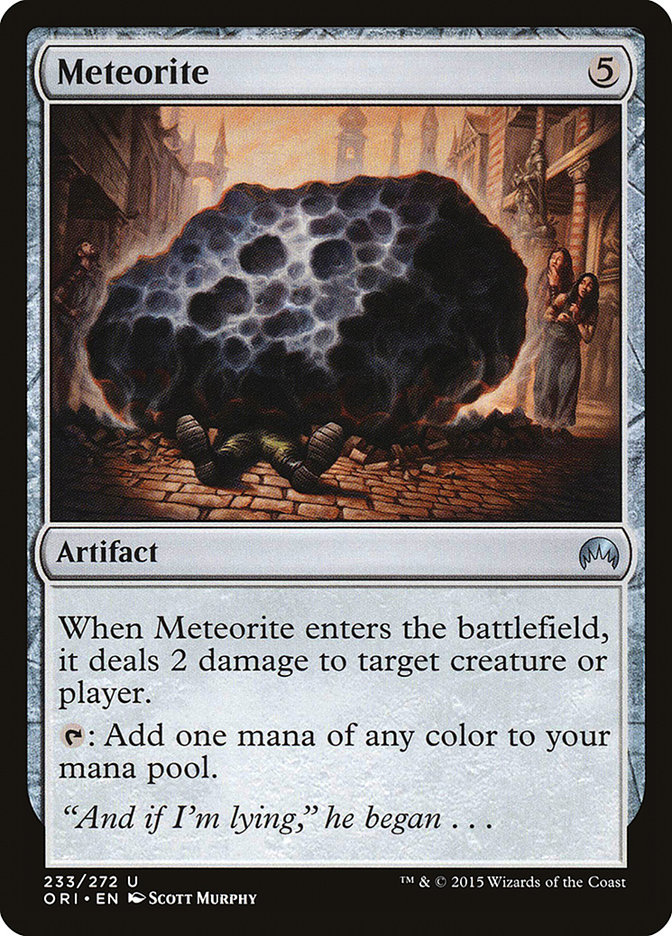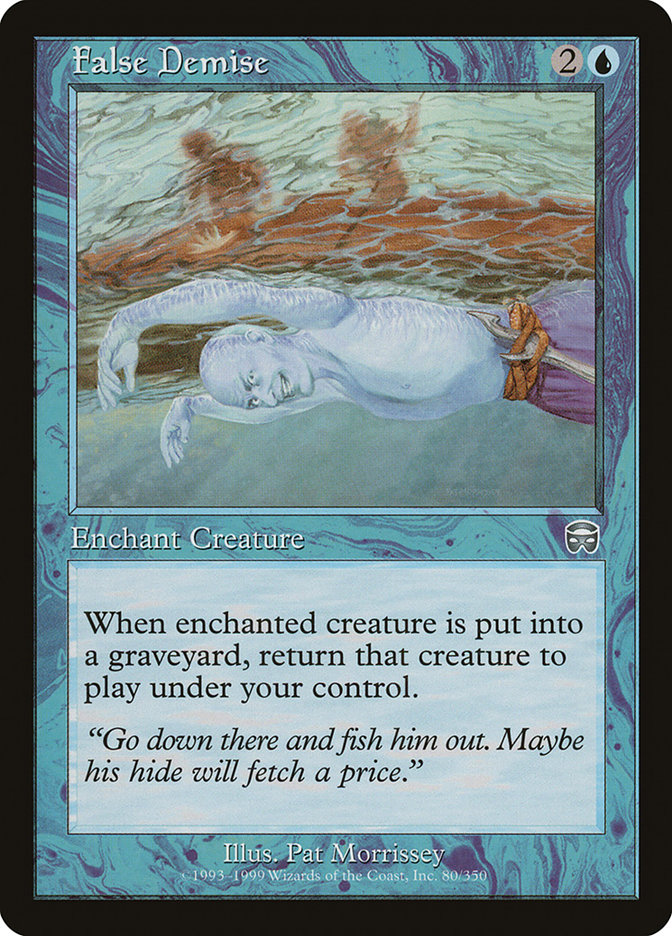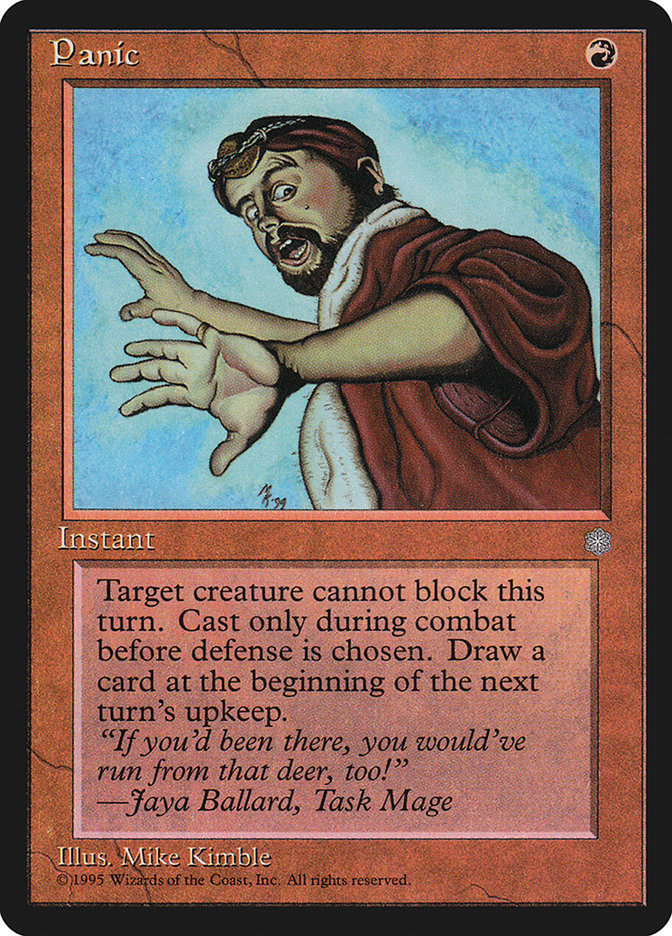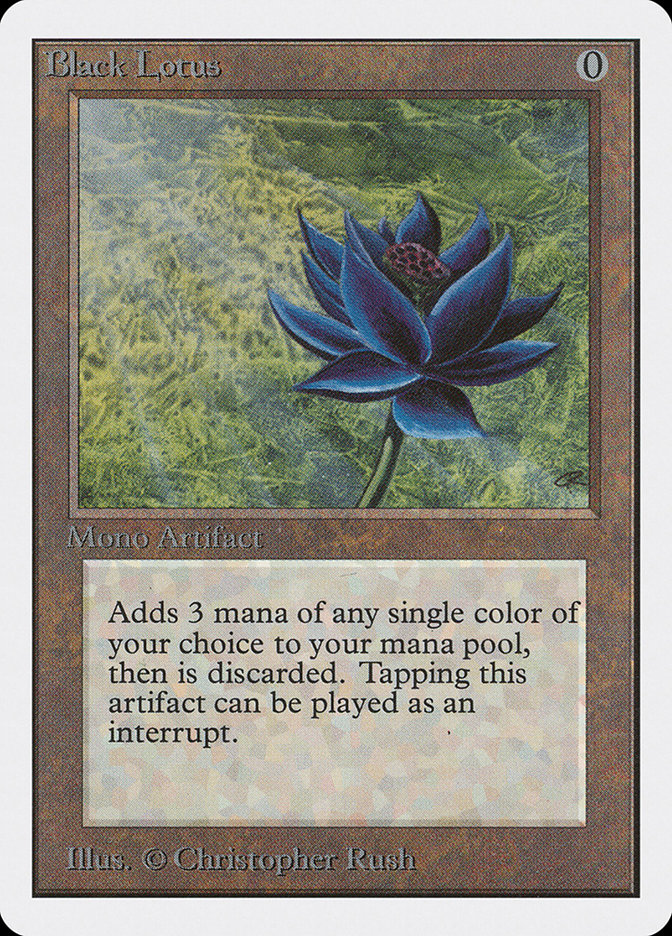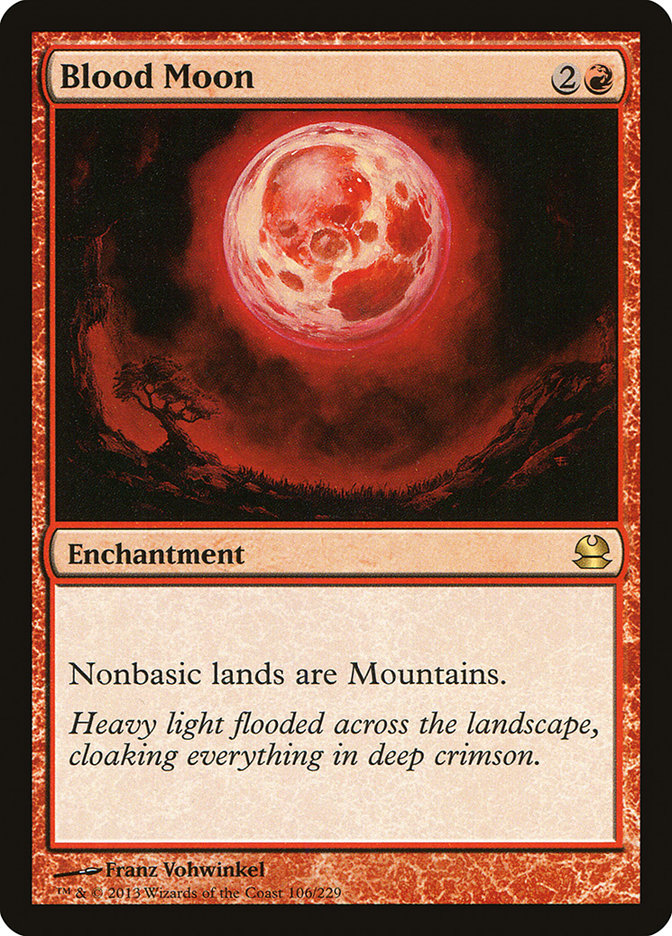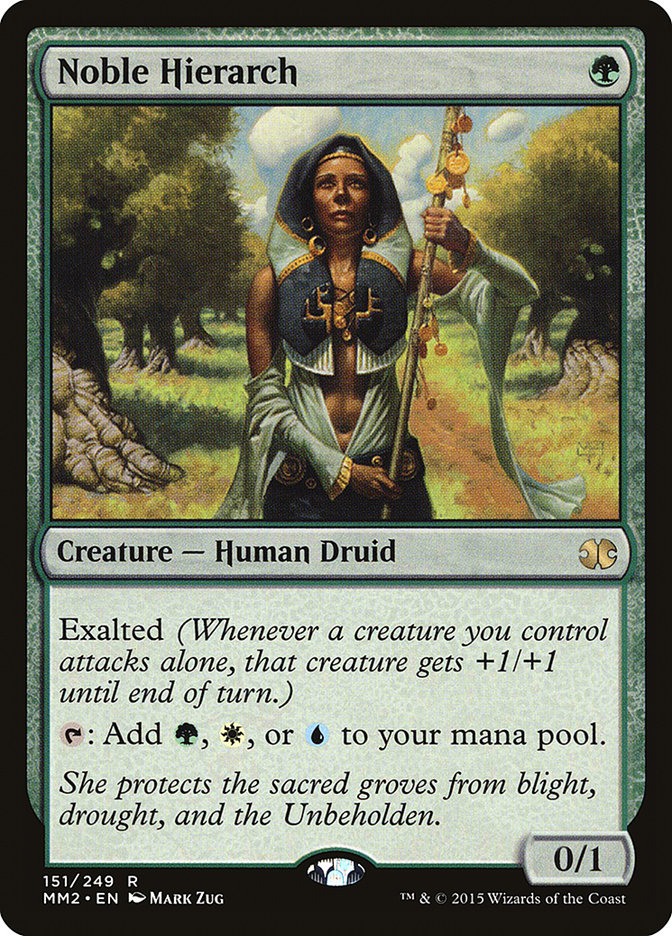I am never more anxious than when I visit my doctor.
I think part of the problem is that I live a fairly tame life, so most of the things I do are safe and easy to predict. Sure, there’s a non-zero chance that I’ll end up in a fiery car wreck or some meteorite will fall from the sky and smack me in the head, but I’ve driven to work and walked around my apartment a thousand times and these things have never happened. The anxious part of my mind understands these familiar patterns and knows that jumping to the worst possible conclusion would be unproductive. Otherwise, I would be constantly paralyzed by inaction.
But I don’t visit my doctor all that much—a few times each year, if that—and so the whole endeavor feels much more risky. Because there’s a non-zero chance of hearing some awful news every time I go, my mind is unable to correctly process the likelihood of my whole life being shattered by some sad and terrible diagnosis.
This is the same thought process that makes me more afraid to fly than to drive, even though statistics show that driving is far more dangerous. I’ve spent so much time in the car that it feels like a safe place, but I only fly a few times a year—and the more I do, the less scared I get.
The Magic community seems to share my issues with anxiety and uncertainty. Paper prices are too inelastic to bear this out, but it doesn’t take much to upset the Magic Online market and cause prices to tumble by up to 30% before a course correction comes along and values begin to rebound. While I’m not defending some of the bizarre and frustrating eccentricities of Magic Online, Wizards of the Coast has “killed” the game at least ten times over the past five years and MTGO is still going strong. And still, some new announcement could happen next week and cause an MTGO price panic even before we know the full story.
It may seem like I’m going a long way to tell you that everything will always work out in the end, but that’s not what I’m getting at here. Sometimes bad news is real, and sometimes anxieties that seemed irrational prove horrifyingly prescient. My actual goal this week is to talk a bit about how to deal with uncertainty, especially in terms of how it applies to the ever-changing world of Magic finance.
Are you an over-reactor like me? Or are you someone who feels blindsided whenever things actually do change? Regardless of your relationship with uncertainty, this article is for you.
Knowing Yourself
The human psyche is notoriously risk-averse. This makes sense from an evolutionary perspective—in the hunter-gatherer era, losing an importance resource could mean the death of you and your tribe, while finding a secondary resource likely just means an increased period of abundance. The upshot is that most modern humans react twice as strongly to losing something they already have as they do to gaining something new. This has been quantified in psychiatric studies—to most people, losing $100 feels roughly the same as gaining $200.
I am no exception. I sell a fair amount on eBay, and I will spend hours dwelling over the small handful of cases where I’m ripped off by a buyer and end up losing money. At the same time, the emails where I make small but significant sales provide a tiny serotonin burst that fades almost immediately. I can feel like a failure even while I’m making a profit.
This, by the way, is a big part of why I haven’t been recommending panic or any sort of blanket sell on your Magic collection, even though WotC has been reprinting everything under the sun recently. If you’ve already got a big collection, you probably get that sinking feeling every time some card you spent $20 on is reprinted in some casual set and it falls to $3 overnight. It’s enough to make you want to sell your cards in frustration. But what about those other two or three cards that spent years slowly climbing in price, increasing the value of your collection without you noticing? Those gains are equally real, even though they’re much harder to notice and get excited about. Magic prices aren’t growing as quickly as they were a couple of years ago, but my visceral reaction (and yours too, probably) to the current spate of reprints doesn’t match the reality of the situation.
At any rate, if you don’t know how risk-averse you are, that 2:1 ratio is a solid baseline. Some people are significantly more or less risk-averse than this, though, and it’s worth figuring out where you fall on this continuum. For example, entrepreneur James Altucher has founded more than twenty companies, over half of which have gone bankrupt. Needless to say, he isn’t afraid to take risks at all. On the other side of the spectrum…well, think about any character that Woody Allen has ever played, and try to imagine any of them doing something as risky as founding their own company.
Are you more like Altucher? More like Allen? It’s important to know, because these cognitive biases color everything you do—especially when it comes to how you approach uncertainty. The point isn’t to judge yourself—risk-aversion isn’t necessarily a bad thing, especially when you have a family to provide for or dependents who rely on you—but it’s worth knowing where you sit on this spectrum when it comes time to ask yourself whether or not you are overreacting to some new piece of Magic news. If you are more risk-averse, you should at least explore the idea that things might not be as bad as they seem. If you are more reckless, you may want to listen to what your cautious friends are saying.
And indeed, maintaining friendships or connections with different business temperaments is one of the best ways to gauge what is really going on in the market. Most of the time, breaking news will lead to predictable reactions—the optimists will be optimistic, the pessimists will be pessimistic, and the whole marketplace will re-calibrate somewhere slightly off the mean. But what happens if even your optimistic, reckless friends are worried? That might be a sign that whatever event is happening should not be ignored or waved away.
Telling Stories
So you’re anxious about something and you’re thinking of taking action. Maybe it’s something small, like selling out of a deck because you feel that a metagame change or a ban is coming on. Maybe it’s something large, like being afraid for the future of your collection because of some new WotC policy or an event outside the world of Magic. Your mind is jumping right to the worst-case scenario, and you’re not sure what to do. How worried should you be, really?
The first thing to do is to figure out what story you’re telling yourself. Anxious thought patterns generally develop because your mind is in the future, trying to figure out what is going to happen in a given situation. The result? A story that you keep telling yourself over and over again until it seems inevitable.
Once you figure out what story is making you anxious, it’s worth taking some time to break it down into its component predictions. As we discussed in the first section, humans are terrible at off-the-cuff statistical evaluation—that’s why flying seems more dangerous than driving, even though the opposite is true. By breaking down our fears into leaps of story-logic, however, we can analyze each of them as objectively as possible.
Here’s an example of an anxious story that some of you may have told yourselves: I worry that WotC is going to ban Become Immense in January and my Infect deck will become worthless overnight. I should probably sell my Noble Hierarchs now, even though I still enjoy playing Infect.
What are the assumptions being made here? Well, the first is that WotC is going to ban Become Immense. The second is that Infect will cease to be a playable deck in Modern without that card. The third is that Noble Hierarch will tank in price if both of those first two things happen.
How likely is it that all of these things happen together? It’s certainly not zero—they are correlative, after all, which means that the second becomes much more likely if the first happens, and so on—but you can see how easily these thoughts can cascade into each other with no real regard for logic.
Here’s a more extreme case: WotC is reprinting so many cards these days. I wonder if I should sell my Black Lotus before the price drops significantly?
This story seems simpler, but it actually contains many more tenuous assumptions than the first. The first assumption is that WotC will tear up the Reserved List. The second is that they will decide to reprint Black Lotus once they do. The third is that they will print it in significant enough quantities to significantly affect the card’s availability. The fourth is that the price of an original Black Lotus will be hurt by a reprint, despite a majority of the card’s value being tied up in the collectors’ market.
Again, I’m not saying that either of these aren’t rational fears. They absolutely are! Either scenario could come to pass, and I’m not arguing that one should always default to the status quo. I’m just saying that it’s important to clearly think through your uncertainty-based actions before you make them.
Productive Channeling
Regardless of how logical your approach is to uncertainty, there will be times when things will start to feel overwhelming. If you’re anything like me, your reaction to big, sweeping events outside of your control will be to try to micromanage as much as possible so you feel like you still have some sense of power and autonomy. Other people choose the “disengage and ignore” method, which can be equally problematic. This is why you will see “that’s it—I’m quitting the game and selling my collection” posts in response to any major change in the game, which often just serves to heighten and reinforce the community’s level of anxiety.
First, it’s important not to make any rash decisions when you’re feeling overly emotional. Even if WotC announced the end of competitive Magic tomorrow, selling your cards right away would probably be the worst thing you could do. You’d be fighting for scraps with the most panicked people out there, and nobody would have had time to actually think things through in order to figure out a rational way forward—we’d all be acting out of fear in a race to the bottom. When in doubt, run against the herd.
Second, remember that uncertainty can often drive opportunity. While everyone else is wondering whether or not to sell their Magic collection, you can be the one doing the buying. There are limits to this, of course—nobody wants to be stuck with a warehouse full of buggy whips after the invention of the automobile—but looking one level beyond the screaming masses can give you a massive advantage. If your favorite deck is banned in January, don’t spend the night dwelling on whether or not you should sell your spare pieces like everybody else. Go see which other deck might benefit the most from a ban and start buying.
The same rules apply with positive uncertainty, by the way. Whenever a card is unbanned or a new deck starts to win matches, the masses will turn that uncertainty into a best-case scenario story and the price will instantly start to reflect that. Sometimes (Jace, the Mind Sculptor; Stoneforge Mystic; Smuggler’s Copter) the market absolutely right. Most of the time, however, the hot card’s performance will begin regressing back toward the mean. This is why most of my columns include me telling you to sell into hype: 95 times out of 100, cashing out on positive uncertainty is the right move.
This Week’s Trends
MTGO prices are recovering nicely after the whole treasure chest kerfuffle, which turned out to be a whole lot of hand-wringing over something that didn’t hurt the MTGO economy at all (see above). In fact, the treasure chests themselves are on an upward financial trajectory after Saffron Olive posted a video of himself opening a hundred chests in a row. He paid 2.3 tix/chest and ended up with $3.83 in average value—a major gain from what was expected. As a result, chest prices are way up on MTGO and are now hovering close to the 5 tix/chest mark. Booster pack prices are also down on MTGO as more chests than expected contain a Kaladesh booster pack.
At this point, I’d suggest selling the chests you win instead of opening them. Saffron Olive was quite lucky to get the RoI he did, and a lot of it was based on the two Blood Moons he opened. Chests are certainly worth more than the $2 or so they were estimated at, but they’re probably not worth a full 5 tix each. Regardless, I think we can say that the “prize support drop” for Constructed events on MTGO was greatly exaggerated.
Eternal Masters sealed box prices are down significantly this week, both as a result of the new shipment and as a result of people who had been hoarding these boxes trying to ditch their supply ahead of the new shipment. I still think these boxes are a solid (but not spectacular) buy at retail, and if you can get a box or two at a discount from some panicky flipper, it might be worth your time.
There hasn’t been a lot of interesting movement in the Standard market for a while. Prices continue to drop as the holidays approach and more and more Kaladesh is opened. Make sure you buy in between now and the New Year—prices should begin to rebound once 2017 begins, and you’ll want to make sure you have your staples between now and then.
Modern and Legacy are fairly stable, though Noble Hierarch continues to tick up and Koth of the Hammer appears to have peaked after Skred Red’s big win. I do expect there to be some kind of Banned List shake-up in January, even though there isn’t going to be a Modern Pro Tour in 2017, and prices will be thrown into flux a bit this spring. February-March tends to be Modern’s best financial window—we’ll see if that holds true even without the PT.
Imperial Seal was reprinted (!) as a Judge foil, albeit an extremely limited one. I’ve seen it estimated that about 400 copies of these will be released over the next year, though there’s no telling if it will become a Judge Conference promo at some point in the future. The new foil will likely be more desirable than the white-bordered P3K version, so I do expect that price to come down a tad. 400 copies isn’t all that many, though, so if you have an Imperial Seal kicking around that you’re not playing, you don’t have to panic-sell your copy at a significant loss.
In the market for a Seal? I’d be happy paying 25% under current retail if someone is feeling panicky, though I probably won’t go too far above that. The price will probably drop a bit this year and then tick back up in the future, though it might drop again if the card does end up becoming a Judge Conference promo. If you’re okay with that risk, I’d look to buy in about six months from now when the market should be at its softest.
Comments From Last Week
What’s your take on the price of Masterpiece foils vs. original set foils long-term?
– Joe Hurley
A lot will depend on the future of the Masterpiece program, Joe. If WotC continues to create beautiful and unique foils featuring diverse and useful cards, I suspect they will gain value relative to original set foils as the series continues. After all, the more you can “Masterpiece out” your deck, the more desirable each individual Masterpiece becomes.
If the Masterpieces come to be seen as less special, however, original set foils could gain an edge. If the foiling process is changed to more resemble the dreadful From the Vault cards, for example, fewer people would want them. WotC could overprint the Masterpieces at some point, or print a run of ugly-looking ones, or reprint the same few cards too many times in too many different forms. Or they could reprint the same run of Masterpieces and slot them into a different set. None of this is particularly likely, but original set foils are always going to be the safer bet. After all, nobody is making any more of those.
If WotC doesn’t nerf Dredge, Infect, and Death’s Shadow when the January update to the Modern banned list comes out, should we be worried that they’re intentionally making Modern less desirable so that they can replace it with Frontier?
– Charlie Prugh
This hypothesis doesn’t hold up under much scrutiny, Charlie. Modern has been and remains hugely successful for WotC, both as a tournament format and as a way to sell cards in $10 packs via Modern Masters. Deliberately unbalancing a format doesn’t make sense from an ethical perspective: you may not agree with all of WotC’s decisions, but the people in charge are always trying to create the best gaming experience they can. It also doesn’t make sense from an economic one: not only do Modern Masters packs sell well, but people feel more confident about buying packs knowing that they can be played for years in formats like Modern. Killing Modern after only a few years would make no sense and it would shatter the trust between the community and the company.
If WotC does announce a format like Frontier, it will be in addition to Modern, not instead of it. It might inadvertently lead to fewer Modern events because there are only so many tournaments that can be held, but you do not have to worry about the format disappearing, regardless of what happens to the banned list this January.


